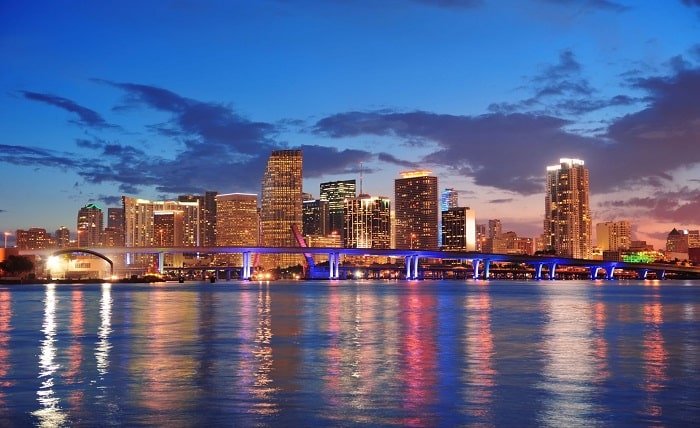Specifics of Airbnb Business in Miami

With its stunning beaches, vibrant nightlife, and cultural diversity, Miami is a top destination for tourists worldwide. This popularity has made Miami a lucrative market for Airbnb hosts, presenting numerous opportunities for property owners and investors. However, the specifics of running an Airbnb business in Miami are unique, with various factors influencing profitability and regulatory compliance. For those interested in managing an Airbnb property in Miami, partnering with a professional service like MasterHost (https://masterhost.ca/airbnb-management-miami/) can streamline operations and maximize returns.
Brief Overview of the Current Situation in the Short-Term Rental Housing Market in Miami
Miami’s short-term rental market is booming, driven by high tourist demand and favorable real estate conditions. According to recent data from AirDNA, Miami consistently ranks among the top U.S. cities regarding Airbnb occupancy rates and rental income. The city attracts diverse guests, including vacationers, business travelers, and long-term visitors, all contributing to a steady stream of rental demand.
In Miami, short-term rental properties range from luxurious waterfront condos to charming Art Deco apartments in South Beach. The variety of available accommodations means there is something for every type of guest, from budget travelers to those seeking high-end luxury. This diversity in property types, combined with Miami’s year-round appeal, ensures a consistently high demand for short-term rentals.
Regulation of Airbnb Business in Miami
Operating an Airbnb in Miami involves navigating a complex regulatory landscape. The city has implemented specific rules and requirements for short-term rentals to address neighborhood disruption and housing affordability. Property owners must comply with local zoning laws, obtain necessary permits, and adhere to specific guidelines regarding maximum occupancy, noise levels, and safety standards.
It’s crucial to refer to resources like this detailed overview to gain a comprehensive understanding of the regulatory environment in Florida, including Miami. Staying informed about current regulations helps ensure compliance and avoid potential fines or legal issues.
In addition to local regulations, Airbnb hosts in Miami must also consider homeowners’ association (HOA) rules, which vary widely between neighborhoods and buildings. Some HOAs have strict policies against short-term rentals, while others may allow them with certain restrictions. Property owners need to verify HOA regulations before listing their property on Airbnb.
Performance Indicators of Airbnb Business in the City
The performance of Airbnb properties in Miami is influenced by several key indicators, including occupancy rates, average daily rates (ADR), and revenue per available room (RevPAR). According to AirDNA, Miami’s occupancy rates for short-term rentals are among the highest in the country, often exceeding 57%, with peak seasons reaching even higher levels.
The ADR in Miami varies depending on the property type and location, but it generally ranges from about $308 per night. High-end properties in prime locations like Miami Beach or Brickell can command even higher rates, particularly during major events like Art Basel or the Miami International Boat Show. These events draw large crowds, leading to increased demand and higher rental prices.
RevPAR ($177.3), a critical metric for assessing the financial performance of short-term rentals, also reflects the strong market conditions in Miami. Properties with higher occupancy rates and ADRs typically achieve better RevPAR, translating to greater profitability for owners and investors. Furthermore, properties with unique features or exceptional amenities tend to perform better, attracting more bookings and higher rates.
Miami’s status as a global destination for leisure and business travelers contributes to a stable and growing demand for short-term rentals. The city’s diverse cultural attractions, thriving nightlife, and world-renowned beaches ensure a constant influx of visitors, providing consistent income opportunities for Airbnb hosts.
Conclusions
Miami’s Airbnb market offers substantial opportunities for property owners and investors, driven by high tourist demand and favorable market conditions. However, success in this competitive market requires a thorough understanding of local regulations, strategic property management, and an ability to cater to diverse guest preferences.
For those looking to enter or expand their presence in Miami’s Airbnb market, partnering with a professional management service like MasterHost can provide a significant advantage. By leveraging their expertise and comprehensive services, property owners can maximize their rental income, ensure regulatory compliance, and deliver exceptional guest experiences.
In summary, Miami’s vibrant short-term rental market presents a promising opportunity for Airbnb hosts. With careful planning, adherence to regulations, and effective property management, owners can achieve substantial returns and enjoy the benefits of this dynamic and profitable market.



